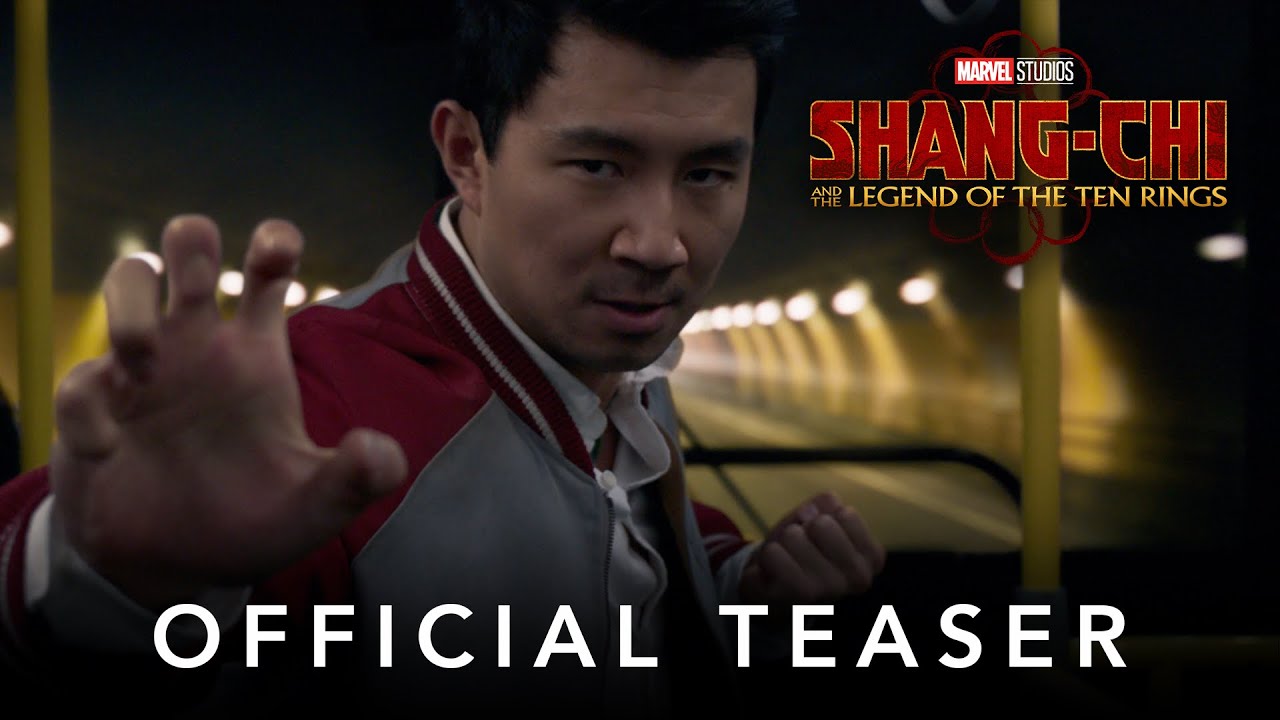The Marvelous World of Shang Chi
In the bustling landscape of superhero cinema, Shang Chi has shined brightly as a cultural icon, going from a lesser-known figure to a superstar within the Marvel universe. The tale of Shang Chi isn’t just about heroic feats – it’s a reflection of the evolving discussions surrounding identity, heritage, and what it truly means to be a hero today. In diving into the nuances of Shang Chi’s amazing transformation into a beloved hero, we also see connections to other cultural icons like Yao Ming and Chun Li, each of whom has carved out their own niche in the vibrant tapestry of global pop culture.
What makes Shang Chi’s journey particularly compelling is the way it intertwines with larger societal themes. Simu Liu, stepping into the role, doesn’t just bring martial arts prowess; he embodies the struggles many face in reconciling their heritage with contemporary societal expectations. If you’ve ever felt like you’re balancing two worlds, you’ll likely relate to Shang Chi’s story. And trust me, it’s a thrilling ride— peppered with action, wit, and insight that captivates audiences far and wide.
Plus, by featuring Shang Chi, Marvel has shown that movies can celebrate diversity while also packing an emotional punch. It’s about time we put representation front and center; you’ve got to admit, it’s about more than just colorful capes and epic battles. As Yao Ming has done in sports and Chun Li has done in gaming, Shang Chi embraces his cultural roots while battling villains and navigating family dynamics.
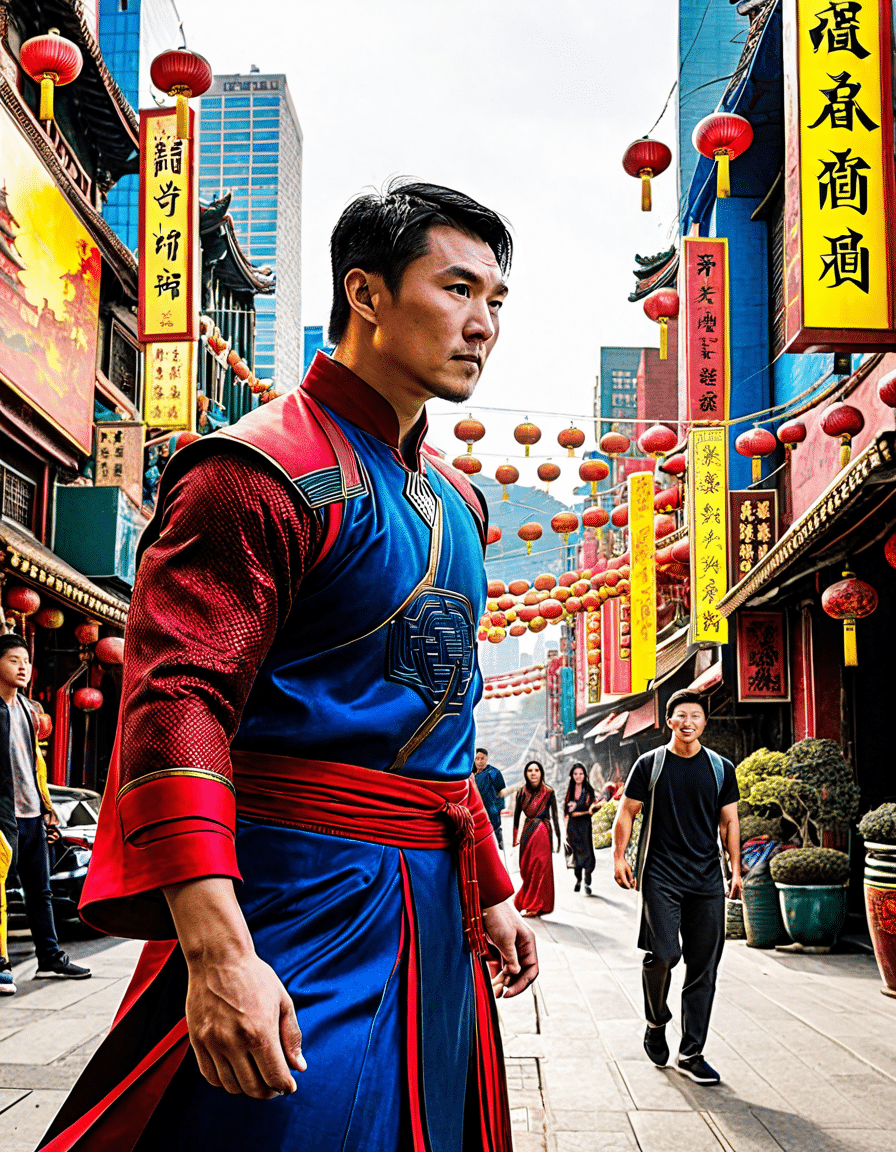
Top 5 Moments in Shang Chi’s Transformation into a Hero
1. The Origins of Shang Chi
Introduced back in 1973, Shang Chi emerged during the kung fu craze in the West. Sure, his initial story was steeped in martial arts tropes, but let’s face it—he never really got the spotlight he deserved. Fast forward to 2021, when the MCU introduced a new, vibrant version in “Shang-Chi and the Legend of the Ten Rings.” With Simu Liu leading the charge, the film not only showcased enthralling martial arts but also delved into the identity struggles of Asian Americans. Talk about a glow-up!
2. The MCU’s Cultural Impact
With its monumental success, “Shang-Chi” represented a massive shift in the MCU’s narrative landscape, pivoting away from its predominantly white cast. From the casting choices to the rich cultural storytelling, the film opened a platform for discussions around racial representation in Hollywood. Viewers nationwide felt validated, cheering for a character that looked like them and embodied their experiences.
3. The Role of Family and Legacy
Central to Shang Chi‘s narrative is the delicate theme of family and legacy. Unlike many superheroes burdened by tragic backstories of loss or absent parenting figures, Shang Chi grapples with a complex relationship with his father, Wenwu. This dual dynamic offers depth, allowing viewers to relate to familial bonds and obligations. Just like Yao Ming had to navigate expectations from a family of basketball stars, Shang Chi finds his place between heritage and his own aspirations.
4. Martial Arts as a Form of Empowerment
Don’t underestimate martial arts! The film brilliantly illustrates how training helps Shang Chi uncover his identity, moving him from obscurity to empowerment. His journey parallels Chun Li, representing another powerful figure who embodies strength and resilience within Asian narratives. Both characters break stereotypes, using martial arts to express themselves and defy societal expectations.
5. Global Reception and Future Potential
Since its release, Shang Chi has captured the hearts of audiences worldwide. This success has opened doors for more Asian characters to be featured prominently in films. It’s a game-changer for the industry— a total wake-up call that diverse stories can resonate universally. The path ahead for Shang Chi looks promising, with possibilities for engaging crossover storylines. Can you imagine a Marvel movie where Yao Ming joins forces with Shang Chi or Chun Li makes an appearance? Now, that would be something worth celebrating!
Integrating Cultural Icons: Yao Ming and Chun Li
The impact of Shang Chi extends beyond the silver screen; think about how it intersects with real-life legends like Yao Ming and Chun Li. Yao Ming’s career isn’t just about basketball; it’s about advocating for Chinese culture on an American stage—just like Shang Chi represents Asian heritage in a superhero context. Each of these figures embodies strength and resilience, making them relatable and admirable heroes.
Let’s not forget Chun Li, revolutionizing the representation of female characters in gaming since 1991. With her fierce fighting skills and rich backstory, she serves as an empowering role model, much like Shang Chi does in the cinematic arena. The journeys of these icons offer invaluable insights into how cultural representation can redefine norms and resonate with diverse audiences.
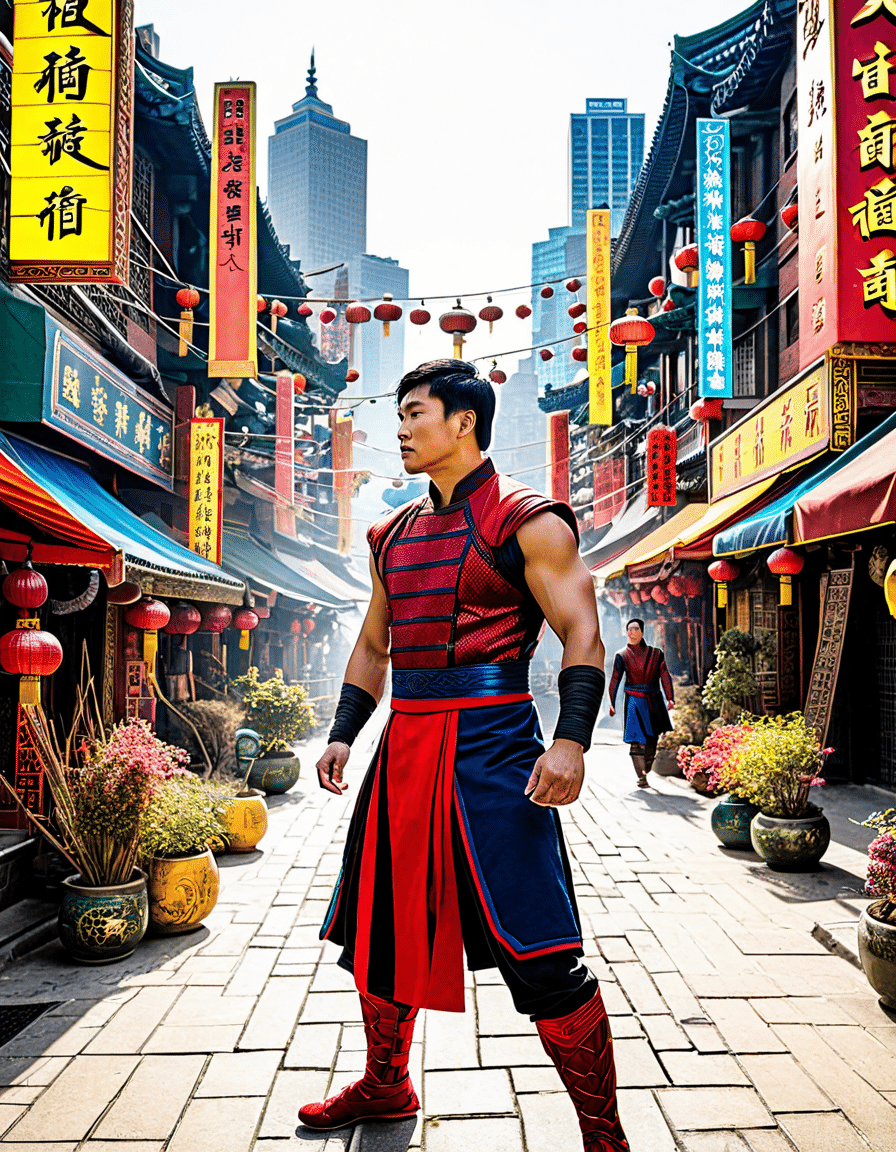
The Legacy of Heroism and Identity
Deep down, Shang Chi’s story speaks volumes about the essence of heroism. It embodies the challenge of forging an identity in an ever-mixing world of cultures. He’s not just swinging fists in a fight; he’s navigating the internal battles that come with embracing one’s roots while striving for greatness. The cultural conversations ignited by Shang Chi, Yao Ming, and Chun Li propel us toward a future where stories foster acceptance and understanding across cultures.
The journey of Shang Chi and his rise to heroism remind us that true heroism lies in embracing our identities and using our backgrounds to inspire others. It’s a compelling narrative —one that motivates future generations to champion their heritage. After all, isn’t that what it means to be a hero? It’s about representing who you are, celebrating diversity, and lifting others as you climb.
Let’s raise our glasses to Shang Chi and his fellow icons — may their stories continue to shine brightly and inspire us all!
Shang Chi’s Heroic Journey: Did You Know?
The Birth of a Hero
Did you know that Shang Chi made his debut in the Marvel Comics in 1973? Created by writer Steve Englehart and artist Jim Starlin, this original martial arts superhero was inspired by Bruce Lee’s films. Interestingly, in the early 20th century, Kung Fu films brought a surge of interest in martial arts, influencing not just comics but Hollywood too. In fact, if you’re a fan of thrilling adaptations, check out It Chapter Two, which also took a challenging, character-driven approach to create suspense. Just like the world of Shang Chi, both films emphasize character development—something that has become pivotal in audiences’ connection to these heroes.
A Cultural Milestone
Shang Chi is groundbreaking for its focus on Asian representation in mainstream superhero narratives. The film not only showcases martial arts but also dives deep into Chinese mythology and traditions, making it a significant cultural moment. While literally swinging into action, Shang Chi embodies the struggle between family loyalty and personal identity, a theme that resonates with many. This kind of storytelling adds depth to characters, akin to the iconic Ghostbusters 2020, which blends nostalgia with fresh perspectives. It’s refreshing to see such expansion in superhero films, paving the way for narratives that treat culture with the respect it deserves, much like the craftsmanship seen in Lafayette 148s fashion creations.
Behind the Scenes
Fun fact: Simu Liu, who plays Shang Chi, campaigned for the role on social media before it was even announced! His passion really shines through in the film, bringing authenticity to a character who has often been overlooked. The shooting of the movie included intense preparation, with Liu even engaging in specific training, which, much like effective back Exercises using cable, builds a strong foundation for performance. A little known tidbit: stunt coordinators incorporated elements that seem out of this world, akin to how Juggernaut battles show both strength and ingenuity in the superhero realm. And let’s not forget the movie’s vibrant visual style—spectacular sets and effects that draw you in just like watching those hilarious “Chimp Crazy” episodes that blend wit and action remarkably.
Overall, Shang Chi’s journey isn’t just one of fists and fights; it’s about heritage and heart. In this age of diverse storytelling, films like this are vital. Whether you’re familiar with the Marvel Universe or diving in for the first time, Shang Chi’s adventure is sure to captivate and inspire. Plus, here’s a tip: if you’re in the mood for a spine-tingling thrill, don’t forget to check out bats—because after all the laughs and action, there’s room for a good scare!
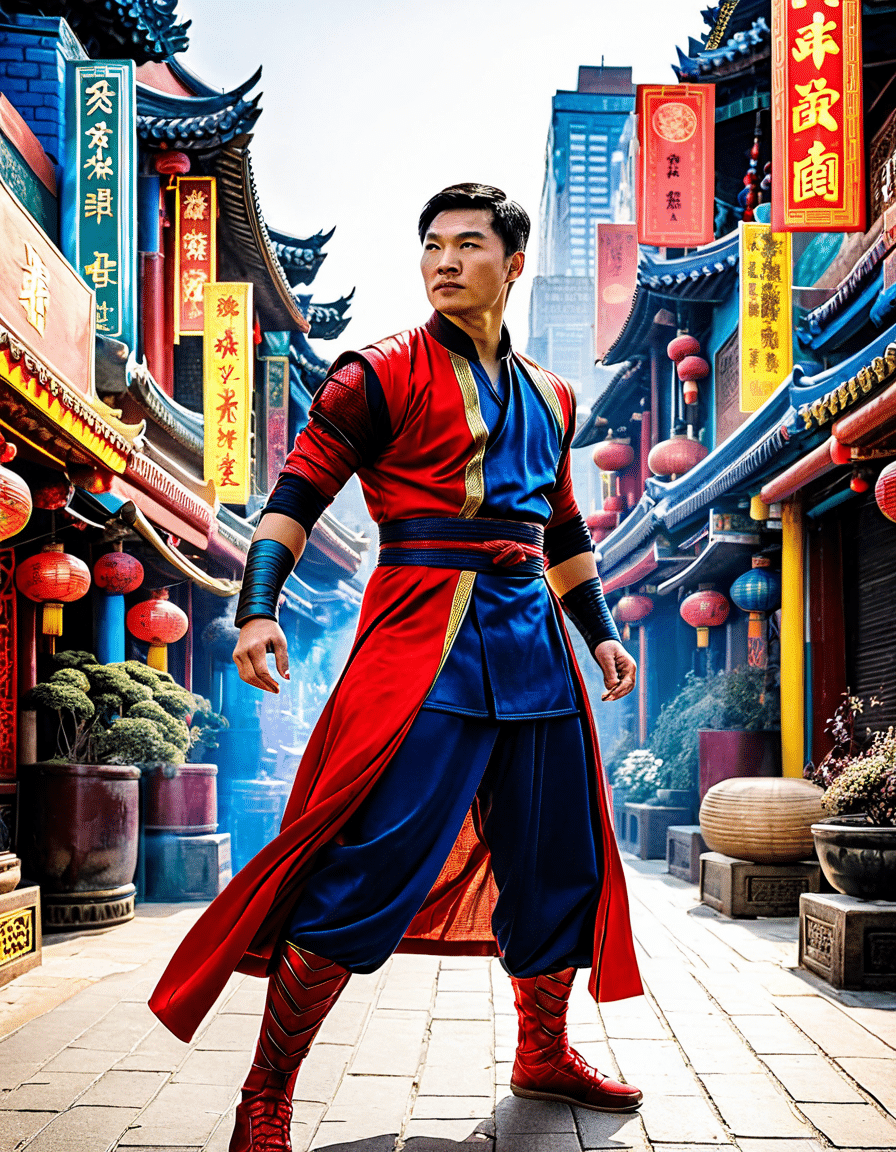

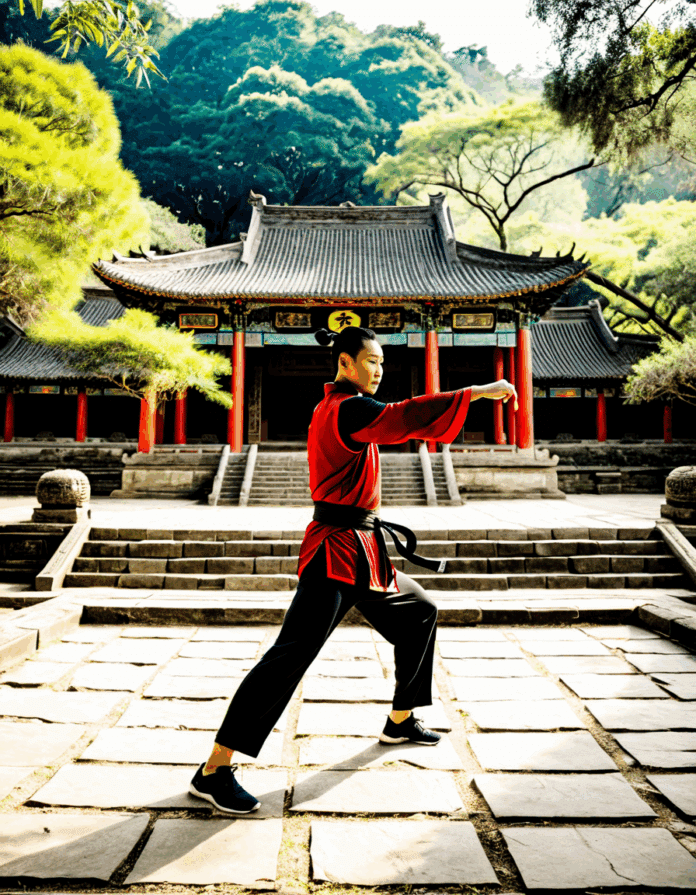
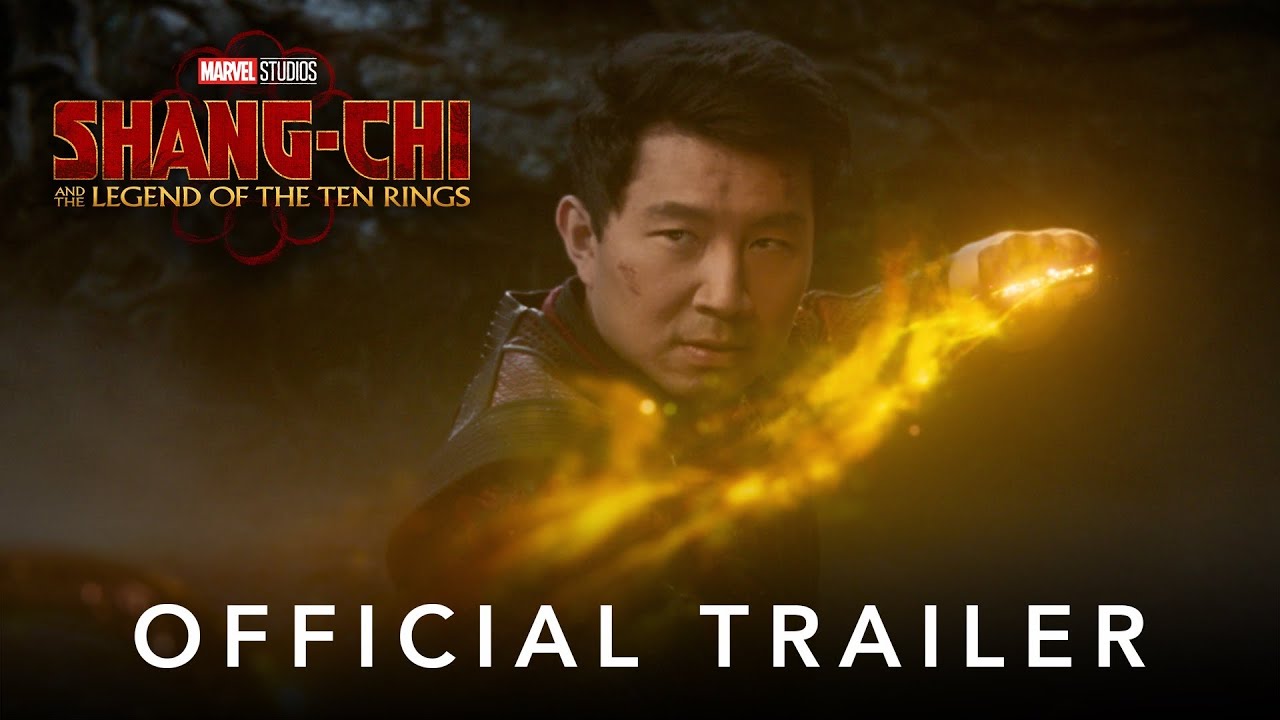
![SHANG-CHI (2021) Full Bus Fight [HD] Marvel IMAX Clip](https://www.bestmovienews.com/wp-content/cache/flying-press/49009b02c6a865f13a704de814926b05.jpg)
